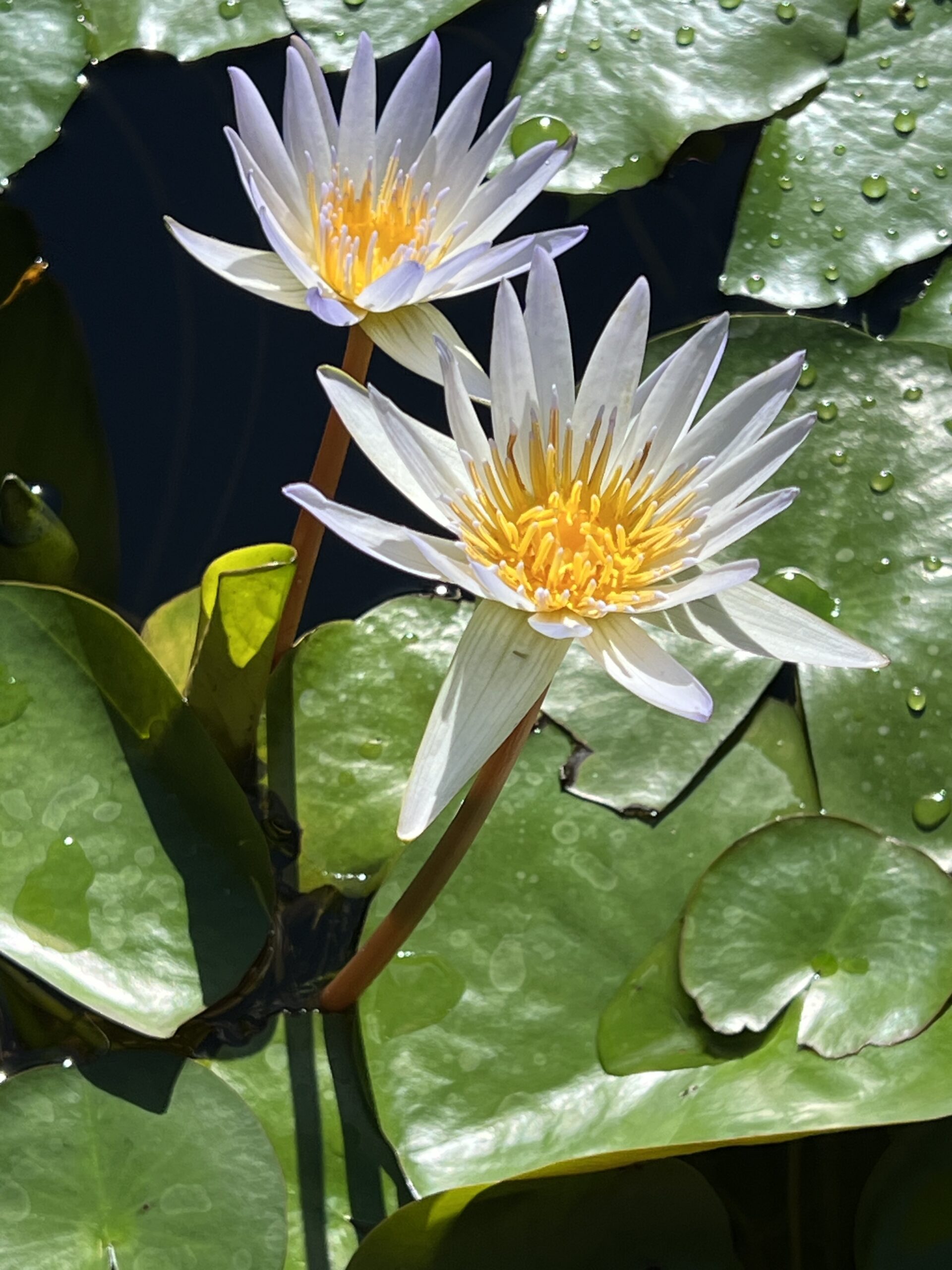BLOG 138
EQUANIMITY
“Equanimity, known as the balance born of wisdom, is considered the secret sauce of spiritual practice. It infuses our compassion with wisdom and puts our mindfulness practice into context. Equanimity helps us to stay engaged with life without becoming overwhelmed by it.” (Google AI Overview)
With all that is going on in the world, it’s difficult to not become overwhelmed. What we see playing out in the media, or even closer to home between people and places we know, can pose an insurmountable obstacle to inner peace, harmony and ease of well-being. Not to mention one’s capacity for objectivity. Fueled by fear or a sense of impotence, conversations can become heated even when agreeing with one another.
What we often fail to see and/or register is the inner landscape or stage upon which these external events are playing. Our perception and/or interpretation of things done or said, heard or read has a tremendous impact on our response (or reaction) to what’s happening externally. And once in a reactive state, it’s hard to get the horses back into the barn, so to speak. I sometimes catch myself jumping to conclusions and getting into a “lather” before I’ve taken time to gather all the facts. In such a state I’m at risk of making regrettable —if not irredeemable— mistakes.
To avoid the latter fate I take into my spiritual practices whatever issue happens to excite my emotions and knee-jerk reactions. I ask myself what prevails when I get hot under the collar, versus what prevails when I stay objective, rational and calm? And once triggered, how do I get from “here” to “there”?
Recently I have witnessed the sad demise of a relationship between two people who mean a great deal to me. To mitigate the sadness, uncertainty or frustration it is tempting to pick a side, choose a villain or scapegoat on whom to project the blame. But it’s never that simple. Over decades of being my own psychological and spiritual laboratory, I have learned that my emotions say more about me than what’s happening between other people. When I first give vent to my thoughts and feelings in my journal I am better able to step back and catch my ego in action. And even my ego is not the enemy I once thought it to be. All too often my ego is just trying to defend against whatever it perceives to be a threat to my safety, security and sense of belonging. My knee-jerk reactions stem from a desire to defend who or what I think is right. And what I think is right is often tied up in what I believe will keep me safe, accepted, and a viable member of whatever I deem (or aspire) to be my tribe.
The problem with wanting to belong in a particular tribe is that our fear of rejection can easily be perverted into an “us versus them” mentality, one in which we drink the Kool-aid so as not to diverge too greatly from an accepted, collective mindset. One that, while promising our inclusion in the group, can come at the expense of our individual potential. As Ruumet writes:
“How often do people unconsciously place limits on their inner development or level of outer achievement in order to not violate (too much) the suitable family “ceiling” to what is “possible” or what the family [or kinship group] can tolerate without consigning the deviating member into psychological exile?”
Otherwise known as sticking with the devil we know.
To cultivate equanimity is to build the patience, tolerance, acceptance and compassion necessary to ride out the waves of fear or insecurity that accompany any venture into the unknown. This is also the nature of the spiritual journey. It is not to be undertaken lightly. It will call into question what we have long been conditioned to believe. But by the same token, it guards us from the stagnation of complacency.
Ignorance is bliss only so long as we can keep the blinders on.
Aum Namah Sivayah
